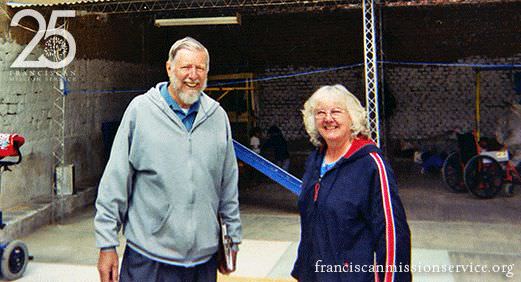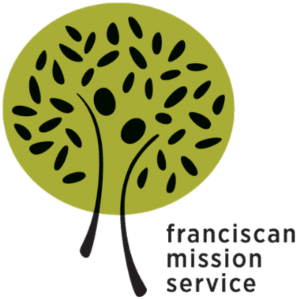Throwback Thursday: “A New Definition of Rural”

Editor’s Note: In celebration of our 25th year of preparing and supporting lay missioners, we look back to our archives at a World Care newsletter from 2005 with an article from returned missioner Cecilia Marcy from Class 19, serving in Bolivia with her husband, Tim, from 2004-2006.
What does it mean to be rural? Living in North Dakota for over 30 years and in Illinois before that, I had developed certain ideas about the concept of rural. I thought that rural meant not very many people; then I thought that rural was where crops were grown and farm animals raised.
Somehow in Bolivia the idea of rural strikes one as different. Out town of Sacaba appears rural in some ways. Out of our apartment window is a yard that has rabbits, chickens and a rooster; just east of us on our block there is another yard with two donkeys and geese; and just 10 minutes walk from our apartment one comes upon fields of corn, as well as sheep and some cattle.
Yet on our street, which is one block from the central plaza, there are sometimes a hundred people walking in the daytime hours. This [rural] pueblo of Sacaba has over 100,000 inhabitants; yet there are few services, no large stores nor big enterprises. The people here talk of Cochabamba [an hour away] as “the city” and that is where services such as hospitals are located.
[To further complicate the idea of “rural”] the schools of Sacaba have so many children to serve. On our block there are three “school days”—one in the morning, starting at 8:00, another in the afternoon and one for older students which ends at about 9:00 p.m.
Another one of the many differences which make up our experiences of living in Bolivia.
[Ed. Note] Shortly after receiving this communication from Cecilia, she sent another which described the severe shortage (not to say absence) of water in their house. For the most part the Marcys have to purchase their water from the vendors who circulate through sacaba. This situation demonstrates yet another dimension of “rural” in Bolvia—city living with no running water and no handy river or stream where one can fetch this precious commodity.

